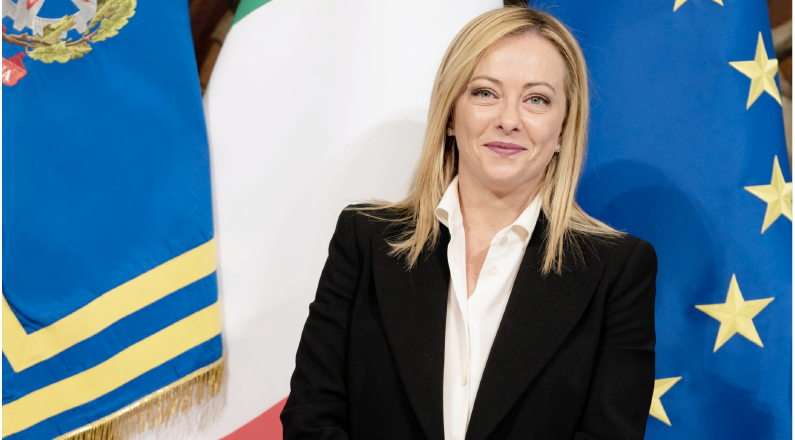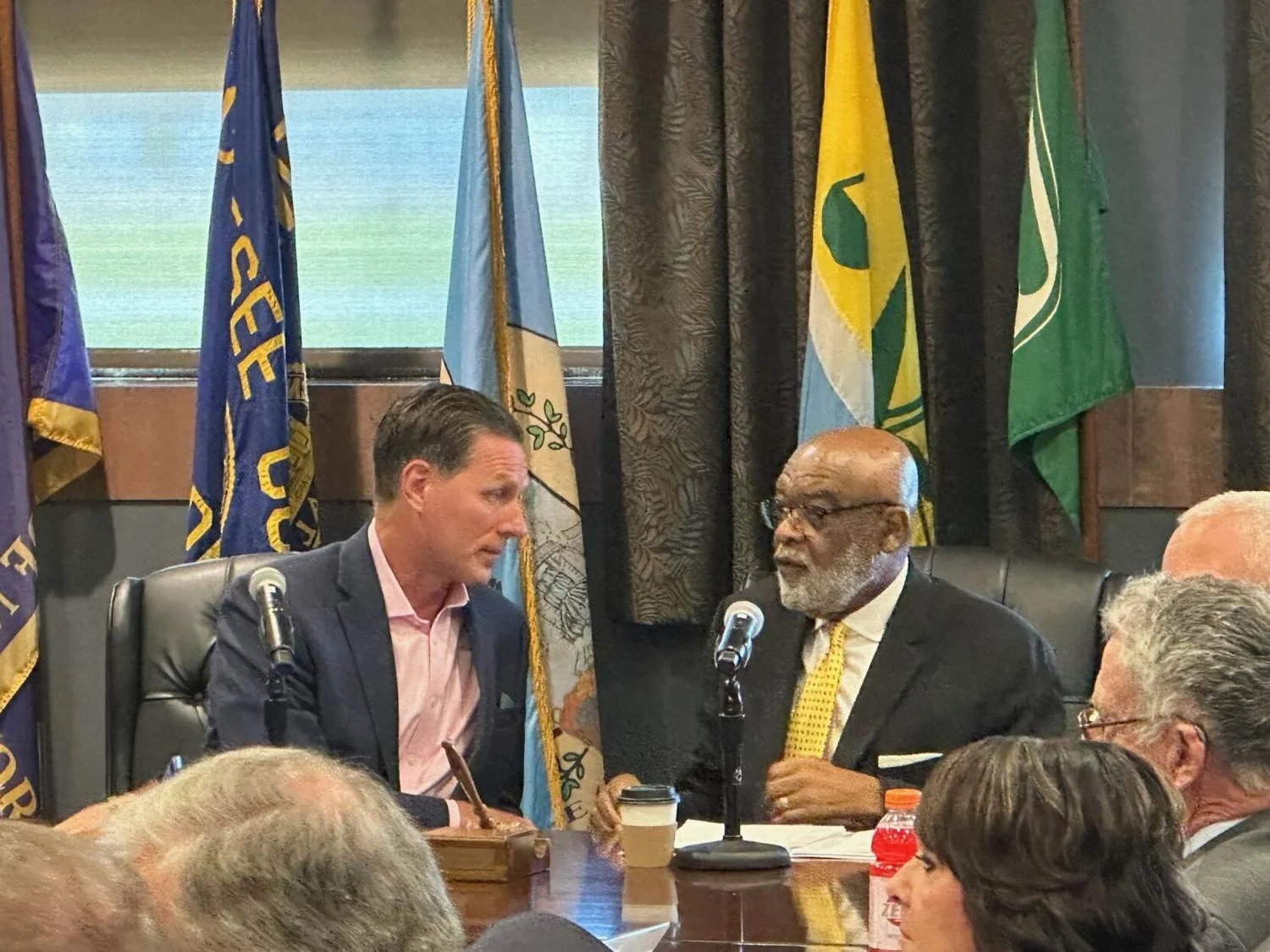Assisi: Meloni to attend St. Francis’ Day celebrations after it is approved as a national holiday
By Valentina Di Giorgio
Copyright zenit

(ZENIT News / Rome, 09.28.2025).- On October 4, Assisi will once again become the beating heart of Italy’s spiritual life. This year’s feast of St. Francis, already a fixture of the Italian calendar, takes on a heightened significance as the government moves toward recognizing it as a full national holiday.
Prime Minister Giorgia Meloni, accompanied by Minister of Culture Alessandro Giuli, will join pilgrims and church leaders in the Umbrian town for the annual liturgy and civic ceremonies. The timing is striking: just days after the Italian Chamber of Deputies overwhelmingly approved the bill to establish October 4 as a new public holiday in honor of the country’s patron saint. The measure now awaits approval by the Senate, with full implementation expected by 2027.
The initiative carries more than symbolic weight. Declaring a thirteenth national holiday means changes in labor contracts, wage supplements, and state spending to cover essential services on the new day off, projected at more than 10 million euros annually. Yet lawmakers across the political spectrum have backed the idea, seeing in Francis of Assisi a figure whose legacy transcends religious affiliation. In a time of cultural divides, the saint of peace, fraternity, care for creation, and solidarity has once again been cast as a unifying emblem of Italian identity.
The Assisi celebrations will combine solemn liturgy with cultural gestures of remembrance and renewal. For the first time, visitors will witness a full-scale projection of Giotto’s lost fresco of St. Matthew’s sail, destroyed in the 1997 earthquake that devastated parts of the Basilica. The unveiling, suggested by Minister Giuli, marks the 28th anniversary of that quake, underscoring the fragile yet enduring bond between Italy’s heritage and its spiritual memory.
This year, the region of Abruzzo has the honor of donating the oil that will keep the votive lamp burning at the tomb of the Poverello. Pierluigi Biondi, mayor of L’Aquila, will light the flame in a gesture of unity among Italy’s municipalities. The liturgical program includes Mass in the Upper Basilica celebrated by Bishop Camillo Cibotti, with Cardinal Ángel Fernández Artime representing the Pope, and the evening vespers led by Archbishop Bruno Forte. As tradition dictates, the day will conclude with the singing of the Canticle of the Creatures and a blessing over Italy from the rooftop of the basilica.
For Prime Minister Meloni, the visit is more than ceremonial. It aligns her government with a national mood that increasingly seeks to anchor civic identity in shared values of peace and stewardship. For the friars of Assisi, it is an opportunity to remind both Church and society that Francis’s vision remains profoundly contemporary. And for ordinary Italians, the likely creation of a new national holiday means that the figure once called “the universal brother” may soon have a more visible place in their civic as well as religious life.
Thank you for reading our content. If you would like to receive ZENIT’s daily e-mail news, you can subscribe for free through this link.



